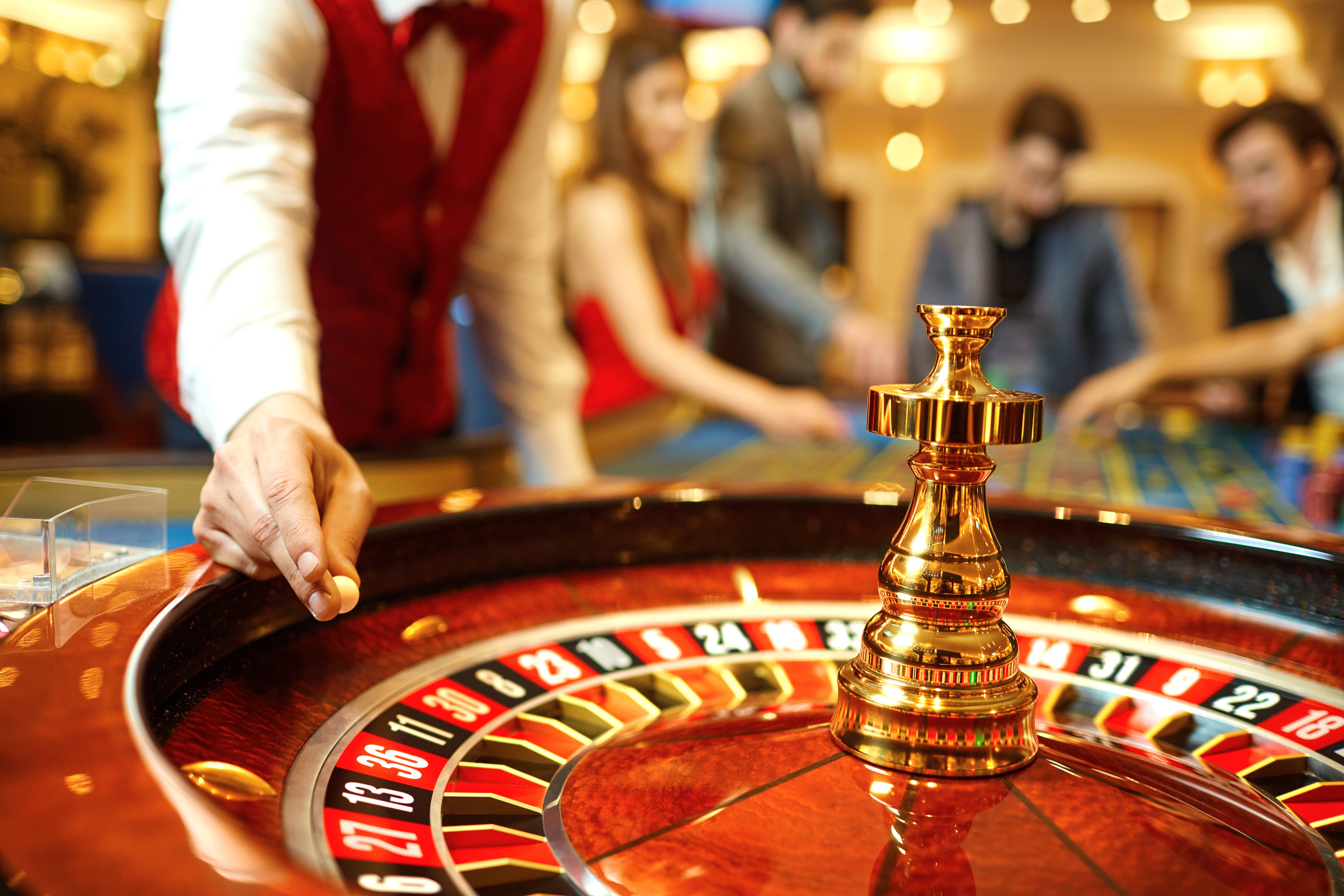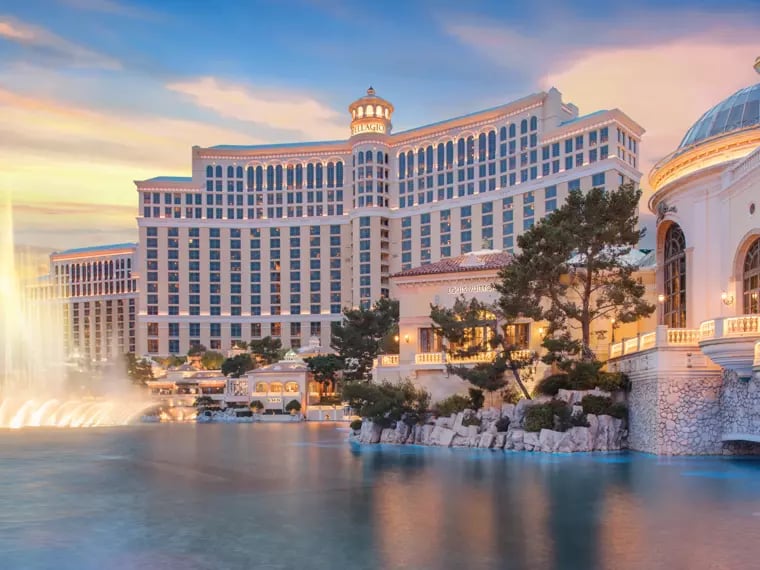Las Vegas casinos reopened last week after more than two months of being closed and with new social distancing protocols in place.
Investors might be tempted to use the experience of the integrated resort operators in Macao to get a sense of how casinos on the Las Vegas Strip will fare, but U.S. resorts might actually do a lot better than their counterparts in China, where gaming revenue has all but dried up despite casinos being open since mid-February.

Image source: Getty Images.
Slow boat to China
Gaming revenue in Macao plunged 93% in May, following a 97% dropoff in April and an 80% decline in March. Casinos have seen almost three-quarters of their revenue vanish so far this year, and after eight straight months of falling revenue, there doesn't seem to be any sign of it recovering any time soon.
In its first-quarter earnings report, which only covered the time period of the coronavirus pandemic up to March 31, Las Vegas Sands (LVS 2.74%) reported revenue had plummeted 51% year over year and operating income was down 94%. Chairman and CEO Sheldon Adelson said: "I have never seen anything like it in my over seventy years in business."
Yet Sands only generates about two-thirds of its revenue from Macao, unlike Wynn Resorts (WYNN 2.56%), which generates 75% of its revenue from China, and it saw a similar decline in revenue and profits.
MGM Resorts (MGM 1.17%) was fortunate because of the three world-class resort operators with feet in both Las Vegas and Macao, its operations are skewed more heavily toward U.S. markets, realizing revenue that accounts for only 23% of its total.
Since U.S. resorts didn't close until mid-March, MGM only saw its revenue decline 29%, but its second-quarter earnings report will bear the brunt of those subsequent closures, while Sands and Wynn will still be dealing with the lack of gambling occurring in China.

Data source: Macau Gaming Inspection & Coordination Bureau. Chart by author.
Different objectives
Now that Las Vegas is reopening for business, should MGM expect its results to continue being just as devastated as both Sands and Wynn?
Not really. Despite Macao and Vegas both relying primarily upon gambling for revenue, the comparisons really end right there. China's gambling mecca is heavily dependent upon VIP gambling for sustenance, whereas domestic casinos are, if not family-oriented, at least more mass market-facing.
Beijing has tried to minimize Macao's reliance upon high-rollers, which is why the Cotai district resorts feature less gaming and more entertainment and retail, but it is still the VIP gambler who generates the most revenue and weighs heavily on the region's results.
Yet even in the regional markets of the U.S., where casinos such as Boyd Gaming (BYD 1.02%) and Penn National Gaming (PENN 1.92%) rule and don't necessarily have the same spectacle as Vegas, investors can expect the domestic resorts to respond more readily to the reopening now occurring.
Reasons to avoid
China still maintains very strict travel restrictions in and around Macao that won't be present in the U.S. For example, travelers from Macao to Hong Kong and Guangdong province, the two areas from where most of the city's tourists come, are required to undergo a two-week period of quarantine.
Air travel to Macao is also heavily restricted, making the Guangdong Gongbei border gate one of the few points of entry or egress with the city. As a result, VIPs and mass market gamblers have largely avoided visiting Macao.
For example, fewer than 1,000 people visited Macao over the three-day Easter holiday, compared to over 556,000 people in 2019, and Trading Economics says data from Macao's Statistics & Census Service shows just 11,000 people visited the city in April, down 99.7% from last year. It's clear Macao is a ghost town.
Ready to roll
But that's not what's happening in Las Vegas, or any of the other U.S. regional markets opening. While social distancing protocols are being enforced and cleaning stations will be offered, as well as enhanced cleaning of the casinos by personnel, consumers wanting to gamble aren't facing quarantine upon arrival or leaving, meaning there are few disincentives to visit.
Las Vegas still isn't going to bounce back fast. There are no large-scale events occurring at the moment that typically draw visitors to the Strip, and now the focus is getting the basic services up and running again.
Even so, Las Vegas will undoubtedly bounce back faster than Macao, and regional markets may recover even faster than the Strip. That makes domestic casino operators like MGM, Boyd, Caesars Entertainment, and Penn a better bet for investors than those like Sands and Wynn that rely much more heavily on Macao.










